Wagner's appearance at the Russia-Africa conference after the uprising underscored Prigozhin's key role in Moscow's efforts to increase its influence on the continent.
Dmitry Syty, one of the prominent members of the Wagner private military group in the Central African Republic (CAR), posted on Facebook on July 27 a photo of tycoon Yevgeny Prigozhin shaking hands with Freddy Mapouka, the official in charge of protocol for CAR President Faustin-Archange Touadéra. The photo was reportedly taken at the Russia-Africa Summit, an event taking place in St. Petersburg on July 27-28.
The images quickly spread across Russian media. Some military bloggers were surprised that Mr. Prigozhin returned to Russia and appeared publicly at a conference organized by President Vladimir Putin.
Prigozhin had previously agreed to move to Belarus after President Alexander Lukashenko brokered a deal to end the Wagner rebellion in Russia on June 24.
Some analysts say that Prigozhin's return may have been approved by Mr. Putin, because the private military corporation Wagner has a deep network of operations in African countries such as Sudan, the Central African Republic, and Mali. This force is said to have signed security contracts with African countries in exchange for the right to mine gold and minerals there.
This may also be the reason why Mr. Prigozhin did not face more serious consequences after launching a rebellion in Russia, according to analysts.
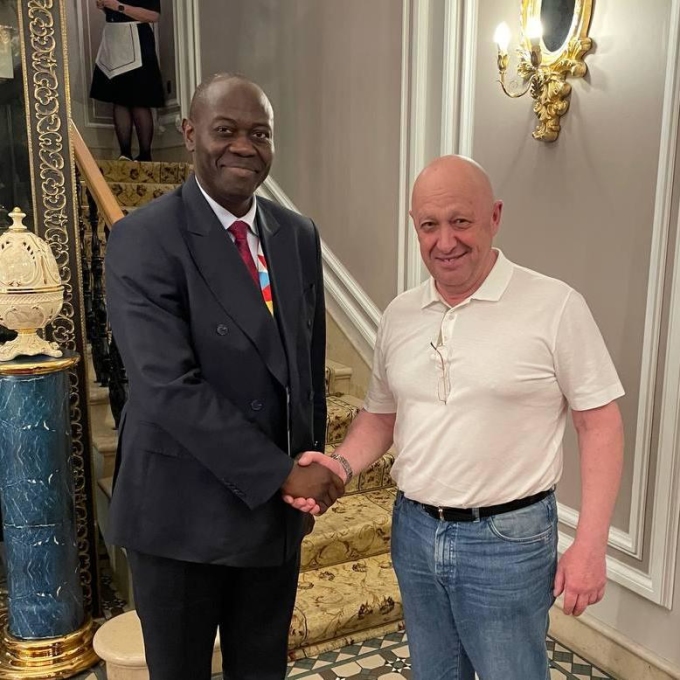
Mafia boss Wagner Prigozhin (right) shakes hands with Central African Republic official Freddy Mapouka in St. Petersburg, Russia. Photo: Facebook/Dimitri Sytyi
“Putin needs Prigozhin at this time to pursue Russian national interests in Africa. These interests include competition with the West on security cooperation, resource exploitation and energy,” said William Reno, a professor of political science at Northwestern University in Illinois, USA.
Professor Reno added that Mr Prigozhin’s Wagner Group was also involved in efforts to enlist African scholars and organizations in its counter-Western agenda. “Despite last month’s rebellion, Mr Prigozhin remains integral to Russia’s national interests,” he said.
Prigozhin and Wagner’s role has become even more important as Russia’s relations with Africa have been strained by Moscow’s decision this month to withdraw from the Black Sea Grain Initiative, which was supposed to help send food from Ukraine to poor African countries.
Seventeen African heads of state attended the St. Petersburg summit this year, far fewer than the 43 who attended in 2019. However, Russia said representatives of 49 of the 54 African countries were present.
At the conference, Mr Putin said that more than 70% of Ukraine’s grain exports under the Black Sea deal had gone to high-income or upper-middle-income countries, including the European Union (EU). He added that poor countries such as Sudan received less than 3% of those shipments.
The Russian president reaffirmed his commitment to provide free grain to six African countries, including Burkina Faso, Zimbabwe, Mali, Somalia, the Central African Republic and Eritrea. He affirmed that Russia is ready to replace grain supplies from Ukraine to Africa on both a commercial and free aid basis.
Mr Putin has been working to build closer ties with African countries in recent years, and Mr Prigozhin’s appearance at the St. Petersburg summit may reflect that goal.
“I think that Mr. Prigozhin’s appearance at the Russia-Africa summit was primarily intended to reassure African governments with Wagner forces that the group would stay there as a representative of the Russian government’s support,” said Mark N. Katz, a professor at the Schar School of Policy and Management at George Mason University in the United States.
Mr Katz added that the photo of Prigozhin circulating online could send a message to the Russian public that Prigozhin was still working for Russia in Africa.
"I believe this could also be part of a larger effort by Moscow to show that the Wagner rebellion is not an anti-Putin plot as exaggerated by the West, while also emphasizing that Putin and Prigozhin are still working together," Katz said.
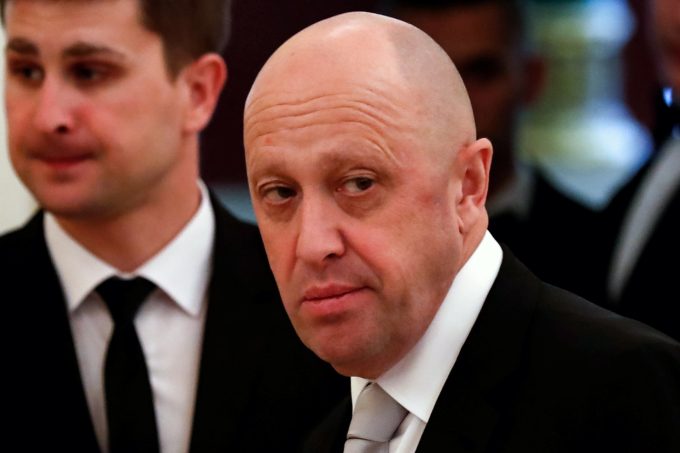
Yevgeny Prigozhin, boss of the Wagner security group, in Moscow, Russia on July 4, 2017. Photo: AFP
David Silbey, an associate professor of history at Cornell University, said the photo could send an important message that Prigozhin is back and still enjoys some level of support from President Putin.
"Remember, he has always been one of Putin's levers over the Russian military, as Prigozhin led a private military force outside the Defense Ministry's control. His return could give Putin similar leverage in Africa," added the Cornell University associate professor.
Thanh Tam (According to Newsweek )
Source link




![[Photo] Summary of parade practice in preparation for the April 30th celebration](https://vstatic.vietnam.vn/vietnam/resource/IMAGE/2025/4/11/78cfee0f2cc045b387ff1a4362b5950f)
![[Photo] Prime Minister Pham Minh Chinh chairs meeting to discuss tax solutions for Vietnam's import and export goods](https://vstatic.vietnam.vn/vietnam/resource/IMAGE/2025/4/10/19b9ed81ca2940b79fb8a0b9ccef539a)

![[Photo] Phuc Tho mulberry season – Sweet fruit from green agriculture](https://vstatic.vietnam.vn/vietnam/resource/IMAGE/2025/4/10/1710a51d63c84a5a92de1b9b4caaf3e5)
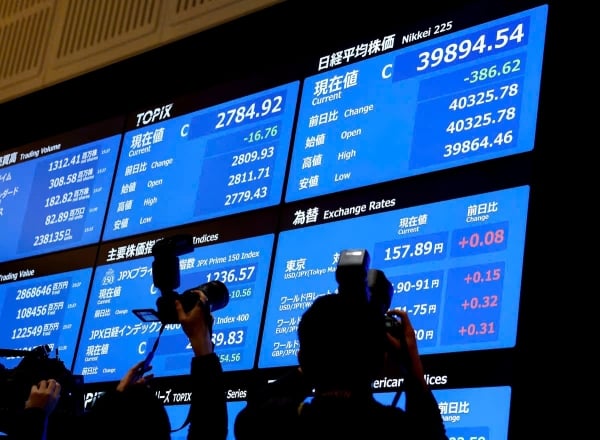

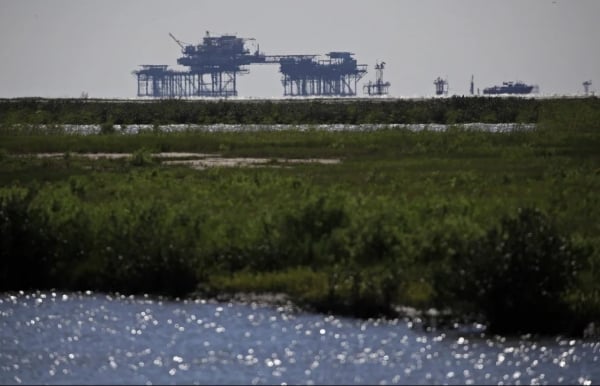


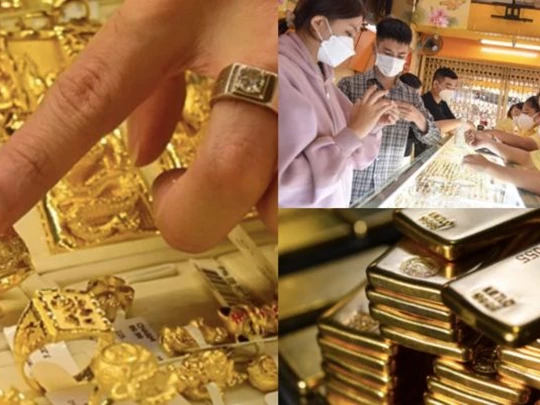
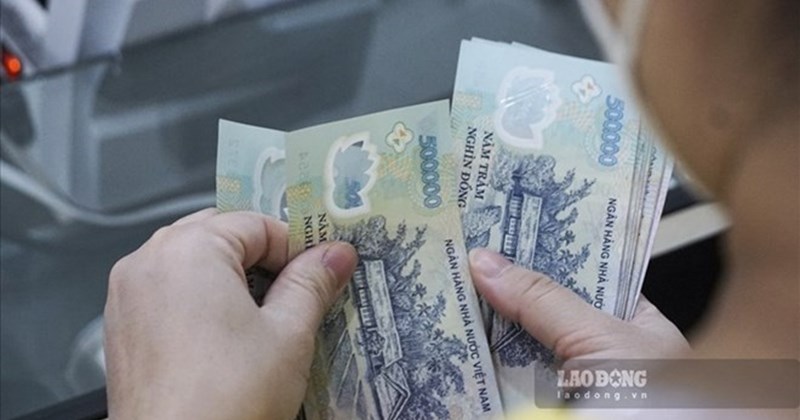

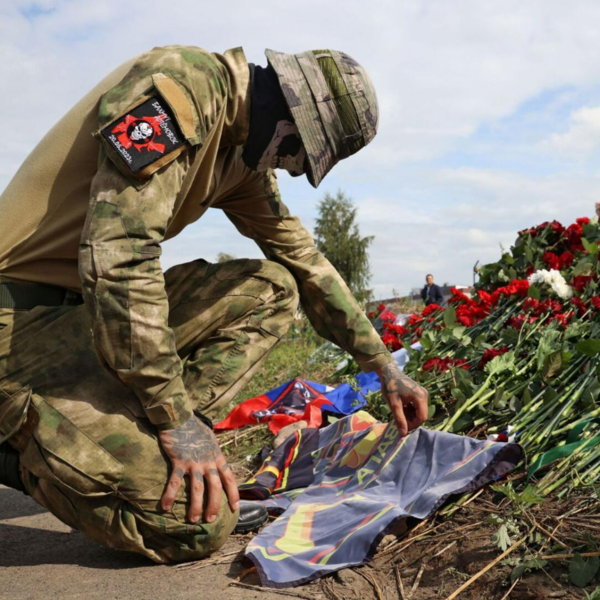






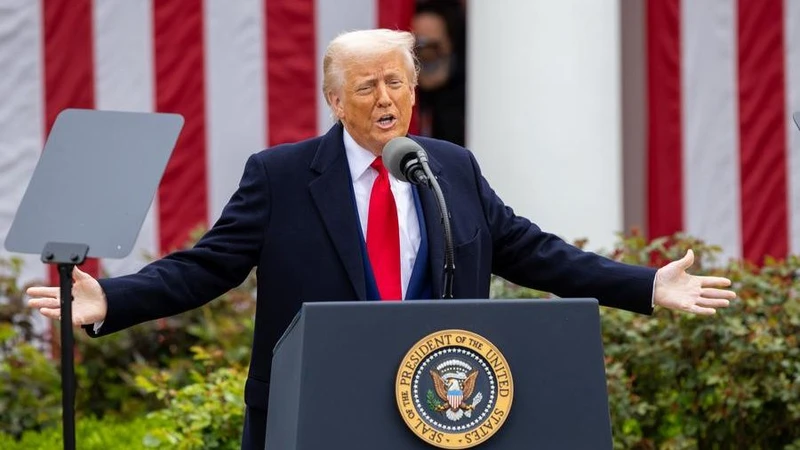








































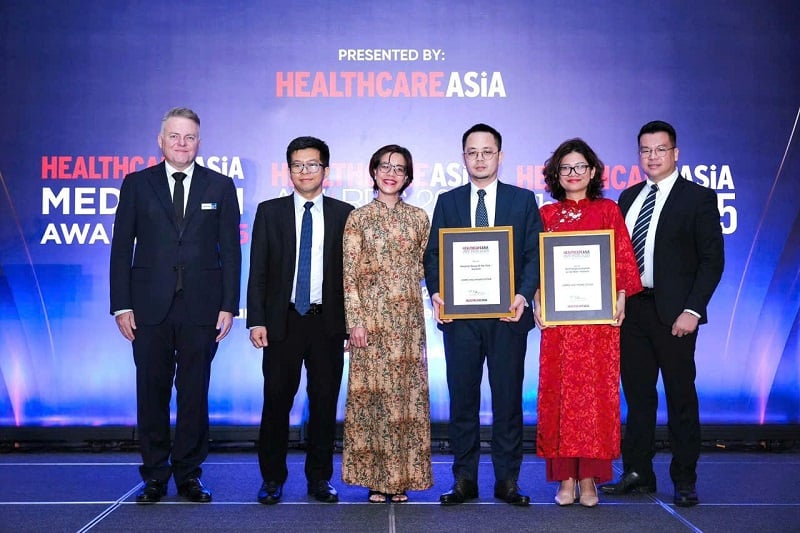

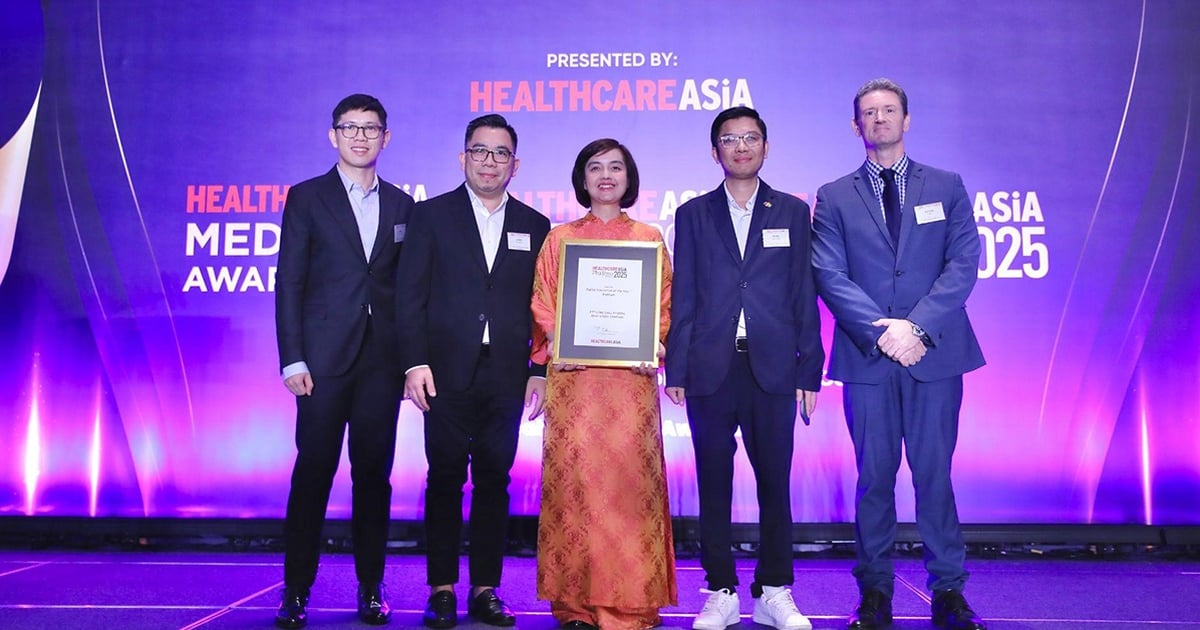









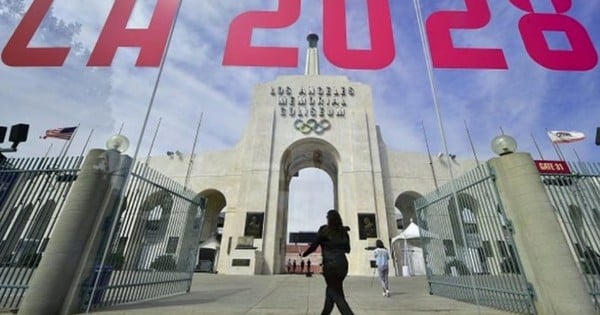



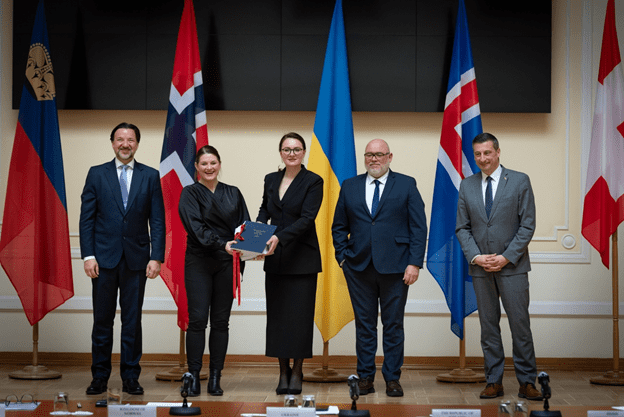
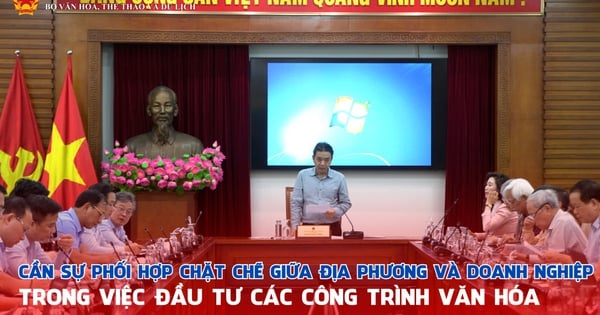
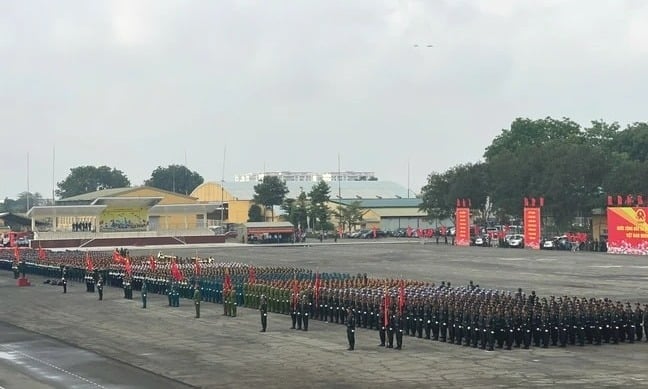

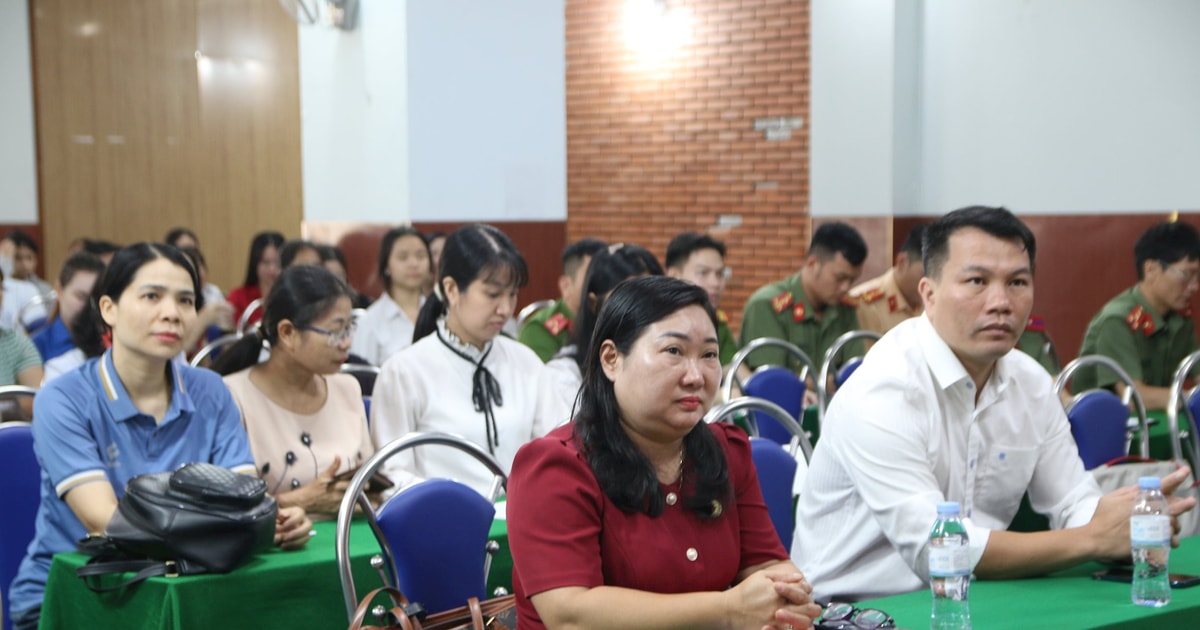

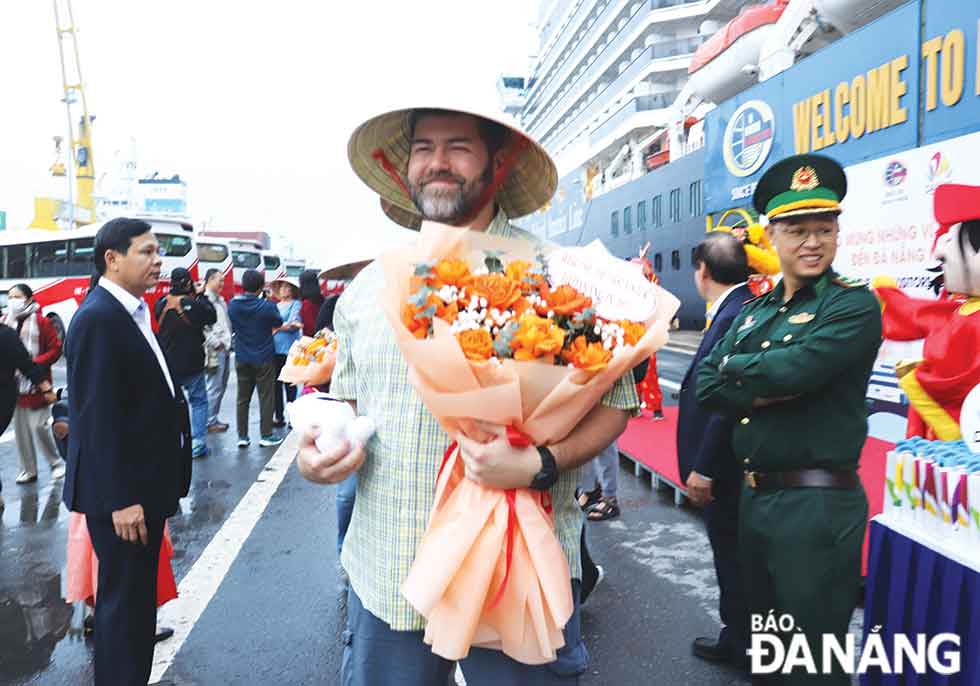


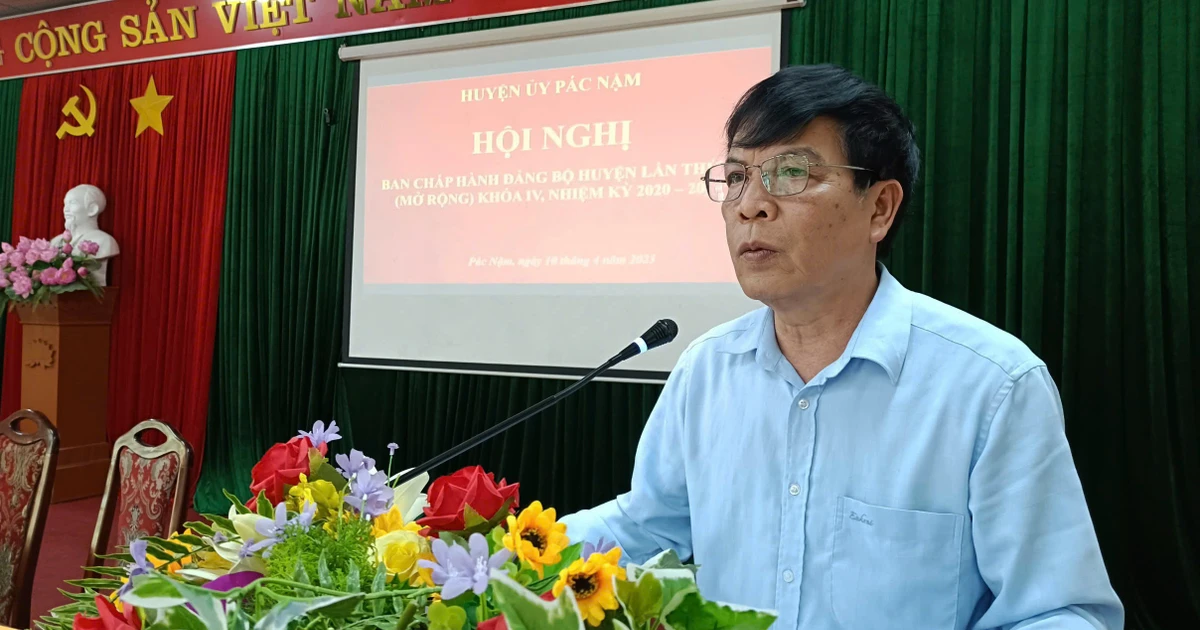

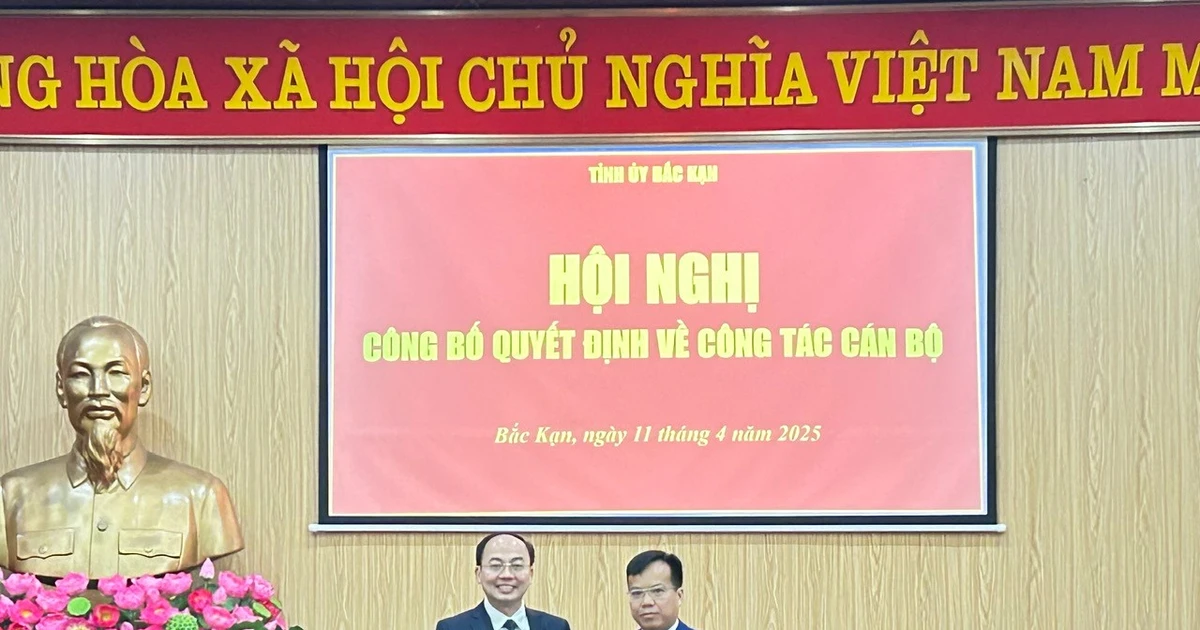









Comment (0)